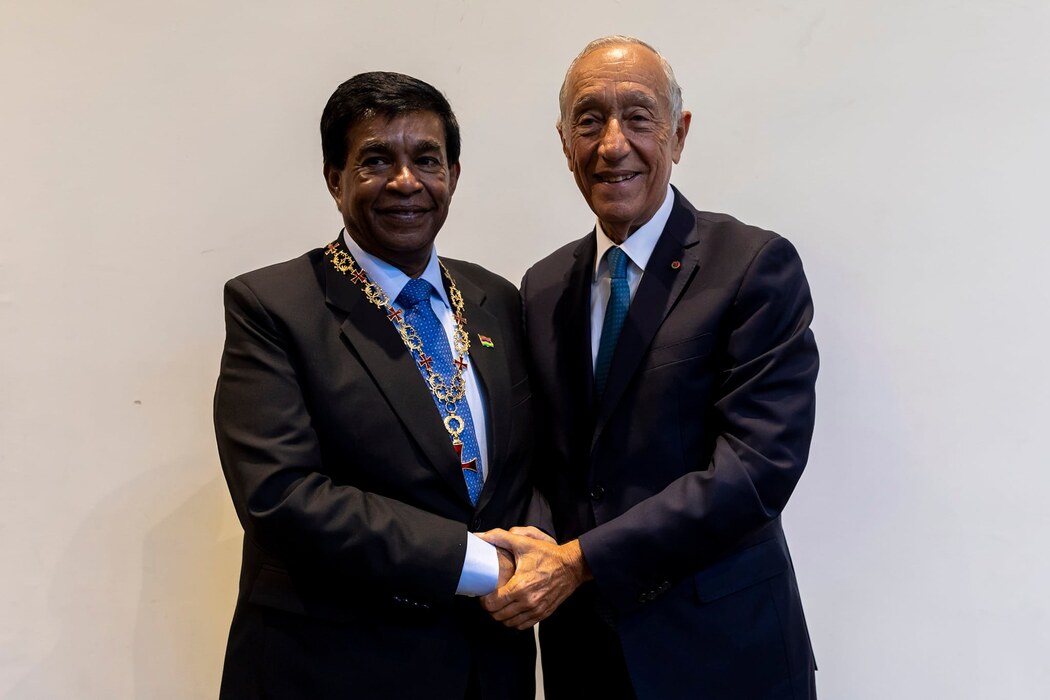
(AFP) – Two sides of Portuguese music will appear Monday at La Cigale in Paris, with singer Antonio Zambugo, strongly influenced by pop and Brazilian music, and singer Misia, who renews fado while remaining fiercely loyal to it.
At 64 years old, Misia continues to break new ground. “From the first song (from her new recording ‘Pura vida’), there is a presence of the bass clarinet, which I have never heard before in fado music,” she confirms.
Her boldness and impudence led her to introduce electric guitar tones in her new works.
But if the viola, the emblematic instrument of Fado, is almost absent, and if its composer violates certain rules, then “Pura Vida” is already under the influence of Fado.
“Even though I defended myself against it,” Misia admits, “when critics listened to it they said, ‘We can really smell fado here.’ “I think it’s the pathos of the sound that does it.”
Fado is in fact, above all, a way of singing, highly influenced and theatrical, on fixed themes. “These are texts that deal with existential themes, always, we are not going to discover the powder, we are doing something different but not new,” explains Messia.
Born in Porto, raised in Barcelona, raised in Paris and living in Lisbon since 2010, this woman represents the third generation of a family of artists.
Elegant and eccentric, she moves away from fado to return to it better: she also included in her recording a song by Amalia Rodriguez – the fado singer – “La Grima”.
“The great Amalia will always be a goddess for me,” says Misia. “The song ‘La Grimma’, which speaks of radical love, of crazy liberation, sticks to my skin and I will sing it until the end.”
For Antonio Zambogo, “Fado is just one influence among others.”
Originally from Alentejo, a rural region whose polyphonic songs rocked his childhood, this singer falls mainly under Brazilian influence. Bossa and samba permeate his new album, “Do Avesso.”
“I fell in love with it very early while listening to João Gilberto (considered the father of the bossa),” he says. “Jazz is another influence, I studied it and listened to musicians like Chet Baker at a very young age.”
“The most important thing for a musician is to listen to other music and other artists, to get new ideas born from new influences,” says Antonio Zambugo.
In “Do Avesso”, rich in the sounds of different instruments, a new cinematic and symphonic dimension appears, with the Sinfonietta de Lisboa in several titles. With subtle nods to music hall, psychedelic pop and country music.
And the fado in all this? Zambogo waits until the end of the record to deal with it.
chc/alo/tis






